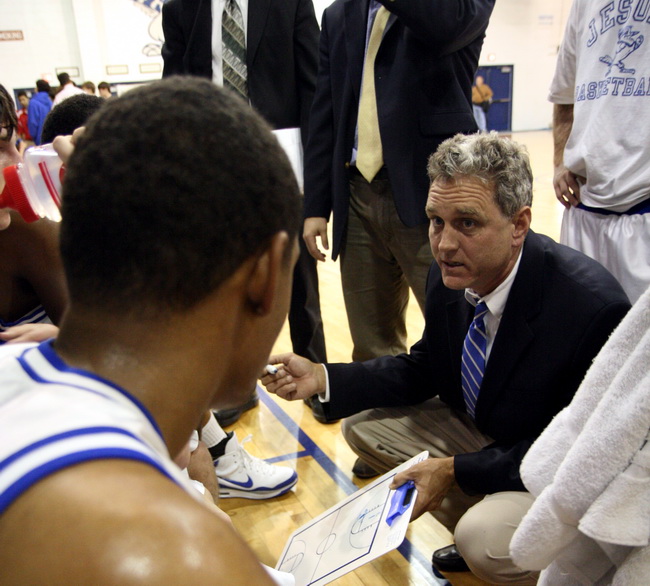 It is an awesome time of year, especially if you are a basketball fan. First come the Conference Tournaments and then the NCAA Men’s and Women’s Tournaments. You don’t even have to be a fan to end up watching a game or two. And if you are a fan, be careful that your productivity doesn’t get impacted too much!
It is an awesome time of year, especially if you are a basketball fan. First come the Conference Tournaments and then the NCAA Men’s and Women’s Tournaments. You don’t even have to be a fan to end up watching a game or two. And if you are a fan, be careful that your productivity doesn’t get impacted too much!
This article is meant to give everyone – from the face-painted-my-school-colors die-hard to the casual fan – another good reason to watch the games in the coming weeks. Beyond all the reasons you will already watch; watch to learn about coaching. With the help of this article you will have a roadmap for learning about coaching and feedback as the games are played in the arena (and your television screen).
Ready?
Let’s tip this off with a really important one.
Different coaches have different approaches.
Watch the games and listen to the announcers and you will find that different coaches take a different approach to how they coach during the game. Here are just a few examples.
Some are quick to call time-outs; others let the team play through challenges. Some are more encouraging, others, at least at some moments, less so (though it is critical to recognize that even the coaches with the gruffest demeanor will be seen encouraging the players a lot during a game – do you encourage your team as much and as well?). Some coaches are more cerebral and focus on the technical nature of the tasks; others are more excitable, depending on the flow and sequence of events.
Watch closely and you will find yourself in some of these behaviors. Is there a best approach? Not necessarily. Look at successful coaches and you will find commonalities, and you will find differences. The best find a style that works best for them and their players.
Beyond this, there are three big lessons in a basketball game that I urge you to apply as you lead, develop and coach others. Consider this your 3-point shot . . .
Feedback needs to be continual and timely.
In most workplaces, feedback is given at the annual review or some formalized time. Having a coach share all feedback for the end of the game would be silly, yet often that is exactly what we do. People need feedback at a time that will help them before they do the task again. The coaches give lots of feedback and they are still careful to give it when it will be most helpful during the course of the game.
The best prepare for their work performance.
Players prepare for the game – from their study of their opponents, what they eat, and the walk through they have before the game. While all of these things are true, we can’t observe them. Here is what you can observe – they warm up. The teams don’t get dressed come out of the locker room and go for the start of the game. They practice, warm up – they mentally and physically prepare for the task at hand. Yes, their work is physical in nature and so warming up makes sense from that perspective. The lesson remains for all of us. How are we helping our team members (and ourselves) best prepare for the work we are doing, whether it is answering phones, writing a report or whatever it is that you do? Most of us could benefit from more practice and better preparation.
Sometimes you need to call time out.
In a college basketball game coaches are given 5 time outs to use during the course of the game. If you’ve ever watched even one game you know time outs get called. Why? For just-in-time coaching and adjustments. Do you have a way to call time out with your team members? If you stop and think about that, when and how might you do it?
And before the final buzzer sounds, remember that . . .
The coach isn’t on the floor.
The coach knows their place – they can’t check into the game, even if they could do it better. Even if they are frustrated by the team’s performance. Even if they beat every team member at free throw shooting in practice. Even if they wanted to, the rules don’t allow it.
The coaches you will watch know that in the end, they have to let the players play the game. If you ever struggle with doing the work, being overly supportive or being a micro manager (which are all the same behaviors viewed from a different perspective) – think about this fact as you watch the game. Players perform, coaches coach. The best coaches at work and in life let the performers perform.
These are just five lessons – I could have listed more and you will find more – if you watch and think about it.
Look at it this way; I just gave you a business reason to watch the games.
You are welcome.

2 comments